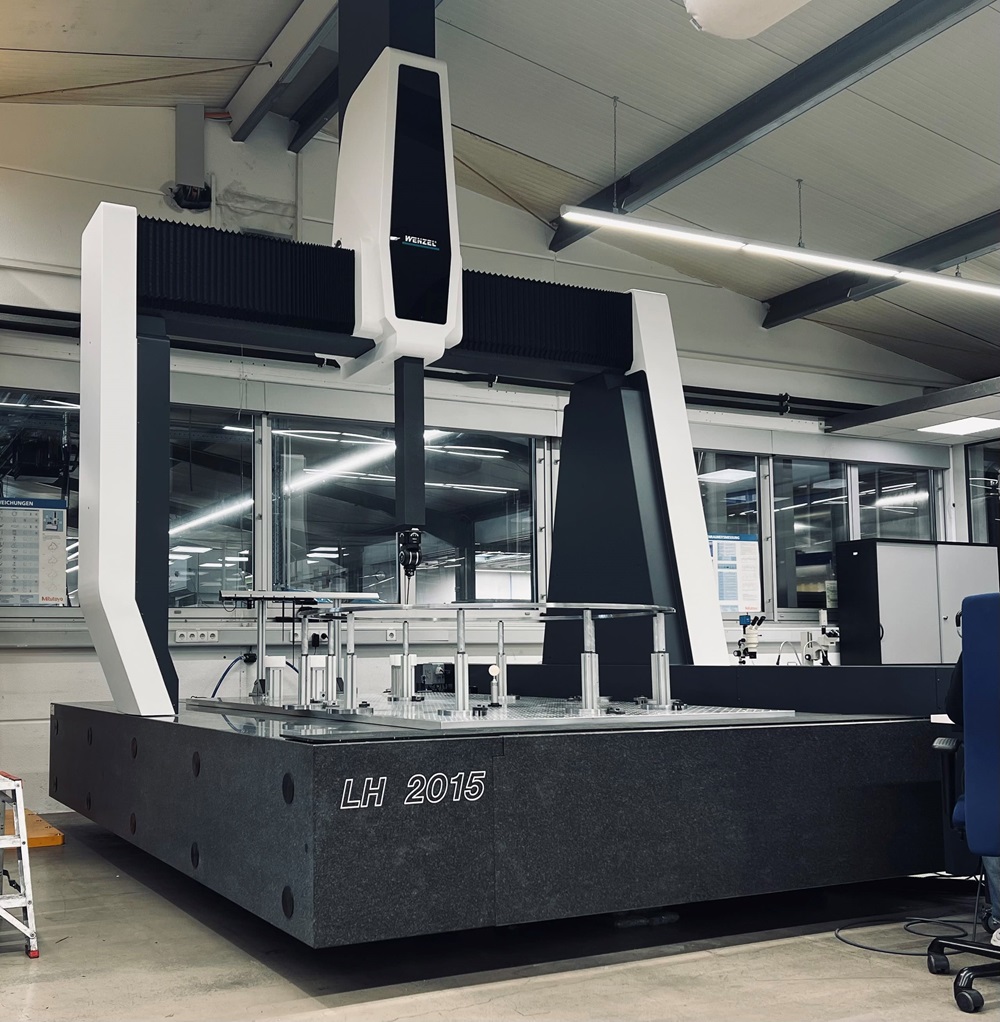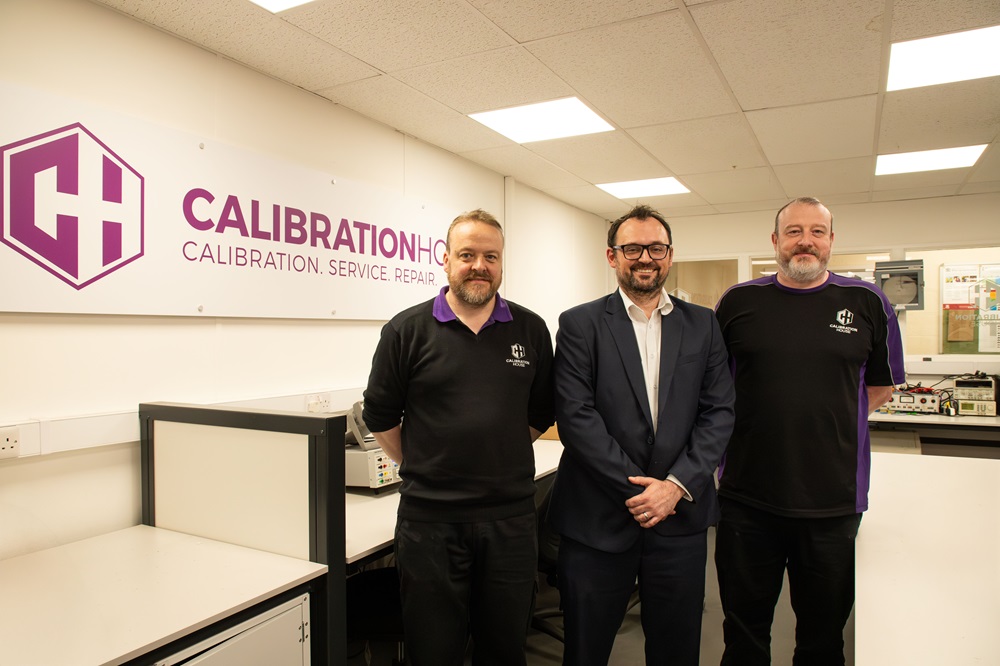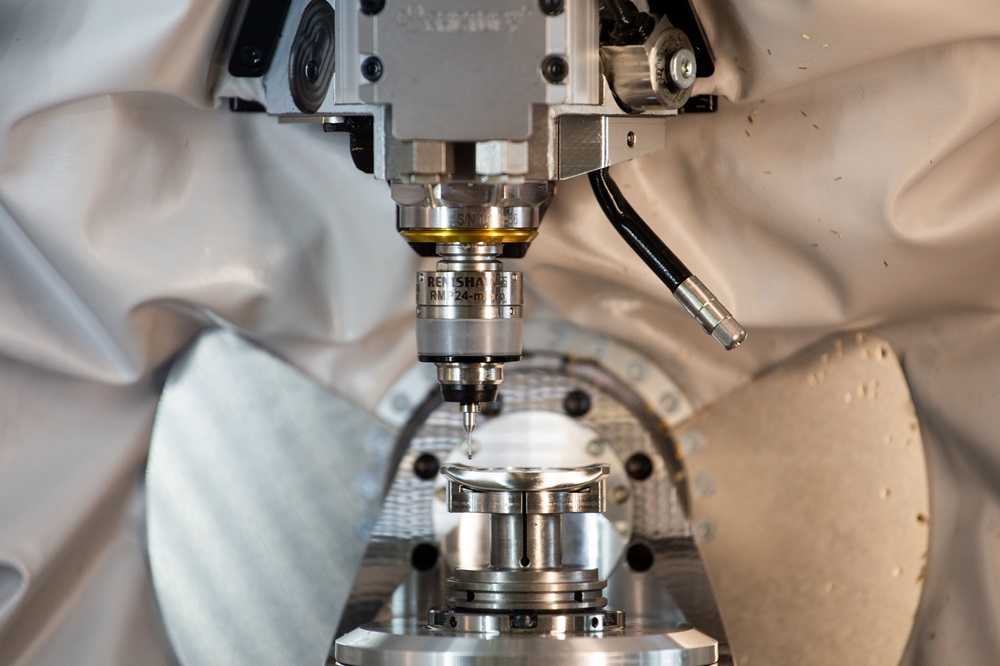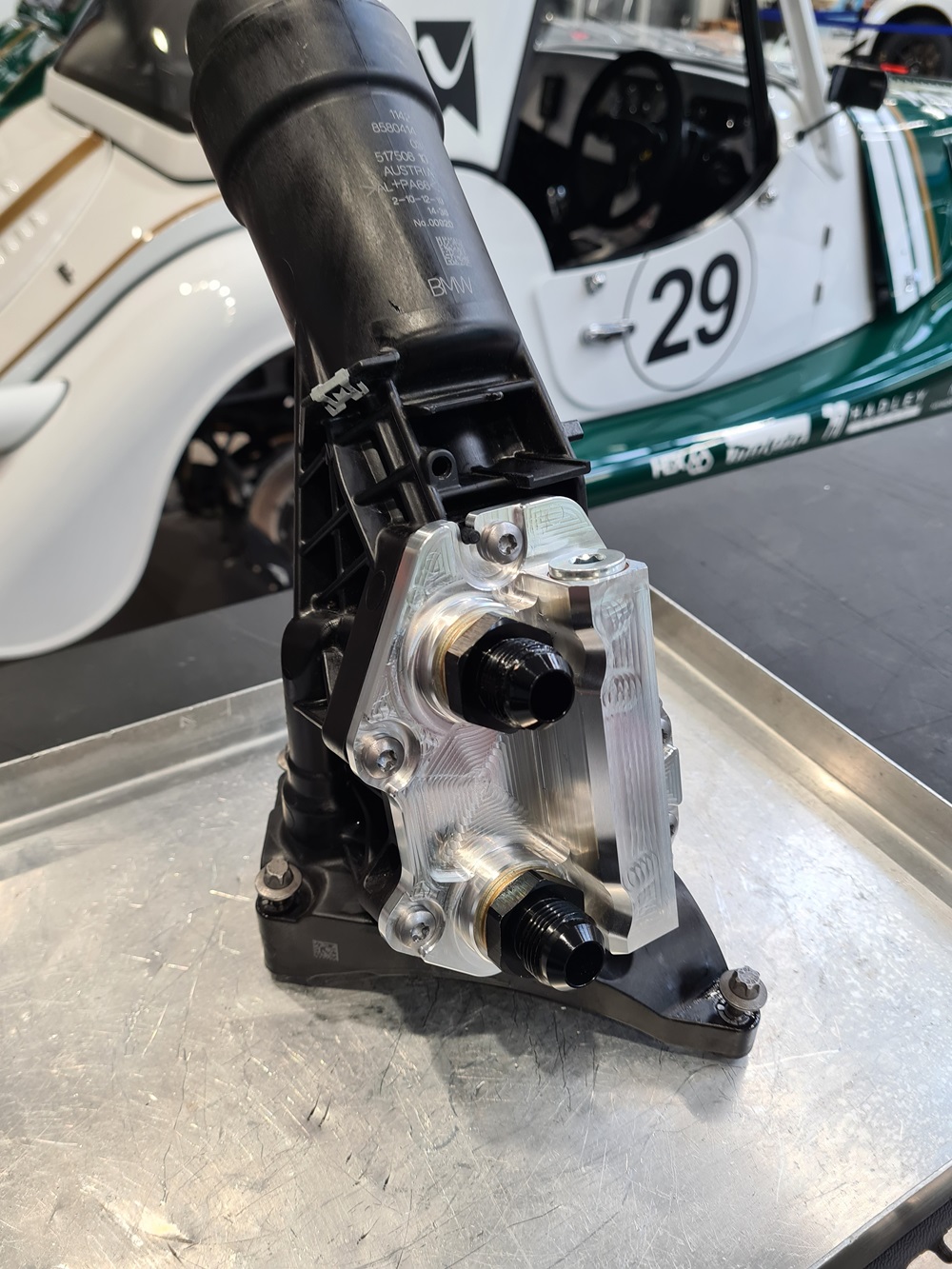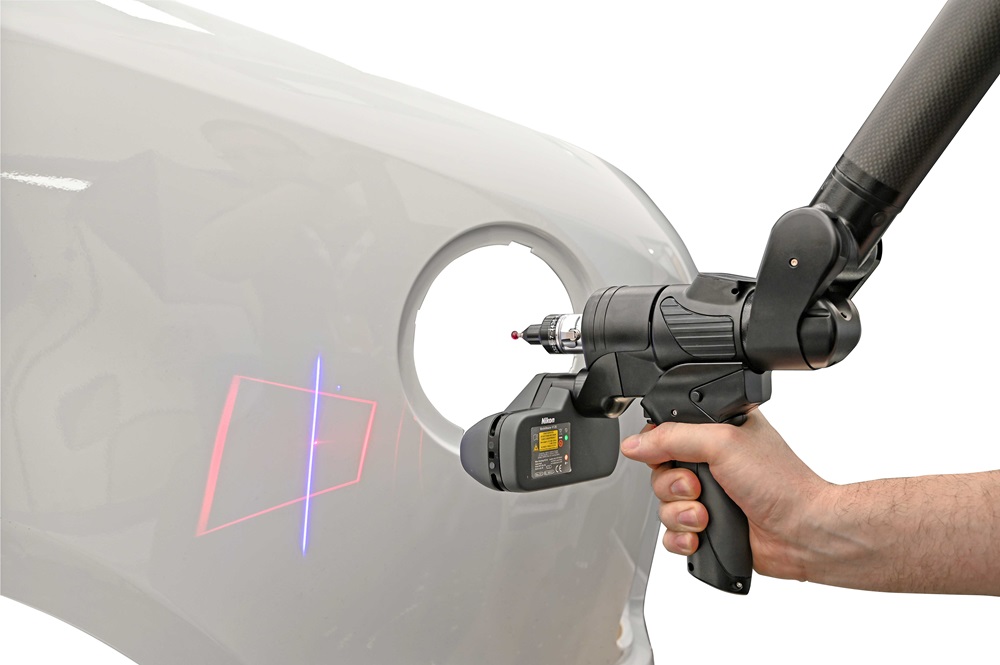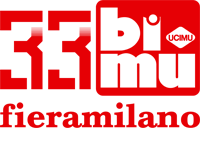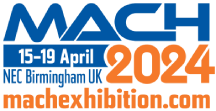Subcontract machining specialist Barth Präzisionstechnik offers a broad component manufacturing capability range from 5 to 2500 mm, and from 5 g to over 2 tonnes. Serving customers in industries such as energy, construction and mechanical engineering, the company’s philosophy is based on maximum precision, a zero-defect mentality and absolute adherence to deadlines.
In keeping with this tradition of continuous quality optimisation, the Binzwang-based company opted for an LH 2015 CMM from Wenzel. The LH 2015 gantry measuring machine features WM Quartis software and the Revo five-axis multi-sensor probe system from Renishaw. The latter offers a combination of contact measurement and scanning, which enables fast and precise measurement of even complex components. Due to its high flexibility and accuracy, the combination of the Revo with the LH 2015 opens up considerable advantages and a wide range of possible applications.
WM Quartis software forms the heart of the measurement solution and enables the precise recording, analysis and visualisation of measurement data. Thanks to its intuitive user interface and versatile functions, Wenzel says the tried-and-tested measurement software is an indispensable tool for quality control.
The professional team at Wenzel supported Barth with the integration of the LH 2015, resulting in a smooth commissioning process. The machine enables the company to optimise its production processes and deliver first-class products to its customers.
The three generations of the Barth family currently actively involved in the business are unanimous: “Manufactured by a German family business for use at a German family business that handles high-precision measuring tasks, this measuring machine is not only sustainable for our company today, but also represents pioneering technology for future generations.”
More information www.wenzel-group.com






